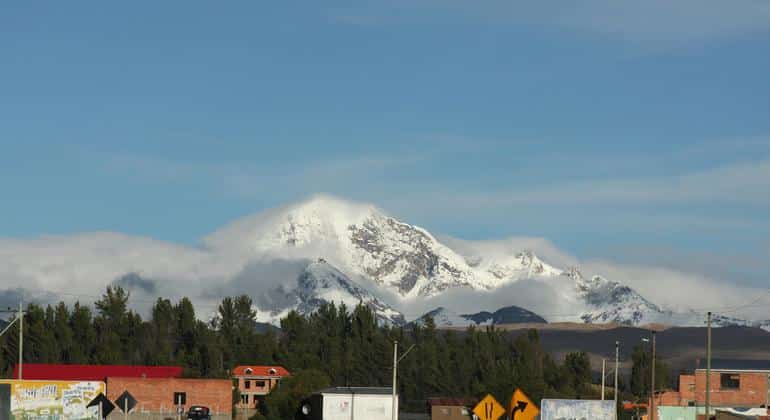Here’s the translation to American English:
—
With the support of the new Awaza Action Program, the Third United Nations Conference on Landlocked Developing Countries (LLDC3) will take place from August 5 to 8 in Turkmenistan. This event aims to promote freer transit, improve trade corridors, enhance economic resilience, and create new financing opportunities for the 570 million people living in these nations.
Landlocked countries face significant economic challenges as geography limits their access to global markets. Often, these countries incur trade costs that are up to 74% higher than the global average and experience transportation delays that can be twice as long as those faced by coastal countries. Currently, their participation in global trade is only 1.2%, which jeopardizes their progress.
Rabab Fatima, the UN’s High Representative for Landlocked Developing Countries, emphasized the importance of this conference, highlighting the opportunity it presents to reverse negative trends. “We focus on people: the millions of children without internet access, the farmers hindered by poor roads, and the entrepreneurs whose ideas are stifled by bureaucracy,” she stated.
The event will feature a program that includes plenary sessions, high-level roundtables, and a Private Sector Forum designed to foster partnerships and attract investment. There will also be specific forums for representatives of various groups, including youth and community leaders, to voice their concerns.
At the heart of the conference will be the Awaza Action Program 2024-2034, which addresses key areas such as infrastructure development, trade facilitation, and regional integration. This program includes several notable initiatives, such as creating a global infrastructure investment mechanism and centers to ensure food security.
As the host country, Turkmenistan considers this event a diplomatic milestone that reaffirms its commitment to global development. The country’s ambassador to the UN, Aksoltan Ataeva, expressed pride in organizing this conference, promising an event focused on action and international collaboration.
The context for landlocked developing countries is critical, as they are particularly vulnerable to the effects of climate change and often struggle to integrate into global value chains. Without an effective response, progress toward the 2030 Agenda for Sustainable Development will be compromised.
Diego Pacheco, Bolivia’s ambassador and president of the Group of Landlocked Developing Countries at the UN, reminded attendees that “the fate of humanity is inextricably linked to the fate of these countries.” With the countdown to Awaza underway, expectations are high, and the LLDC3 Conference aims to demonstrate that global solidarity can overcome geographical limitations.
—
Let me know if you need any changes or further assistance!
Source: MiMub in Spanish
